Chemical physicists at JILA use advanced laser techniques to probe the structure and dynamics of matter during chemical reactions, i.e., during the making and breaking of chemical bonds.
JILA’s chemical physics research includes studies of molecular energy flow and optical/electrical properties of crystals, mapping of electron dynamics in materials and individual molecules, fabrication of nanomaterials, cooling of molecules through Stark deceleration and laser manipulation, and identifying short-lived molecules within interstellar and atmospheric combustion. These research endeavors advance our understanding of chemical reactions and inform the development of new materials.


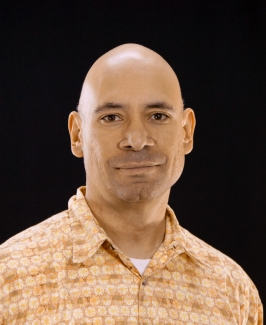
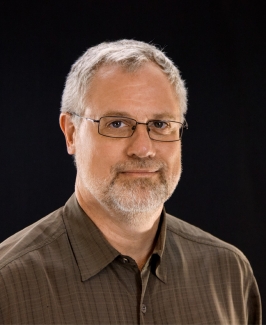
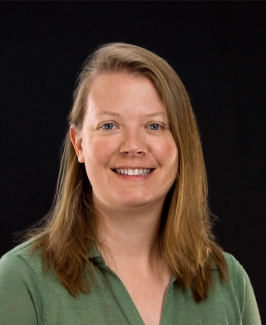



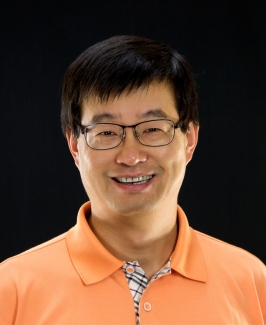


![The many different molecules trying to fill the binding site of octamethyl calix[4]pyrrole (omC4P)](/sites/default/files/styles/media_thumbnail_large/public/images/2025-04/weber_omc4p_thumbnail.jpg?h=fbf7a813&itok=e9ho_B28)
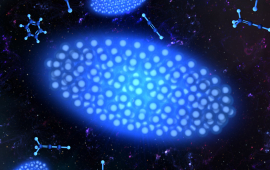
 The Physics Frontiers Centers (PFC) program supports university-based centers and institutes where the collective efforts of a larger group of individuals can enable transformational advances in the most promising research areas. The program is designed to foster major breakthroughs at the intellectual frontiers of physics by providing needed resources such as combinations of talents, skills, disciplines, and/or specialized infrastructure, not usually available to individual investigators or small groups, in an environment in which the collective efforts of the larger group can be shown to be seminal to promoting significant progress in the science and the education of students. PFCs also include creative, substantive activities aimed at enhancing education, broadening participation of traditionally underrepresented groups, and outreach to the scientific community and general public.
The Physics Frontiers Centers (PFC) program supports university-based centers and institutes where the collective efforts of a larger group of individuals can enable transformational advances in the most promising research areas. The program is designed to foster major breakthroughs at the intellectual frontiers of physics by providing needed resources such as combinations of talents, skills, disciplines, and/or specialized infrastructure, not usually available to individual investigators or small groups, in an environment in which the collective efforts of the larger group can be shown to be seminal to promoting significant progress in the science and the education of students. PFCs also include creative, substantive activities aimed at enhancing education, broadening participation of traditionally underrepresented groups, and outreach to the scientific community and general public.